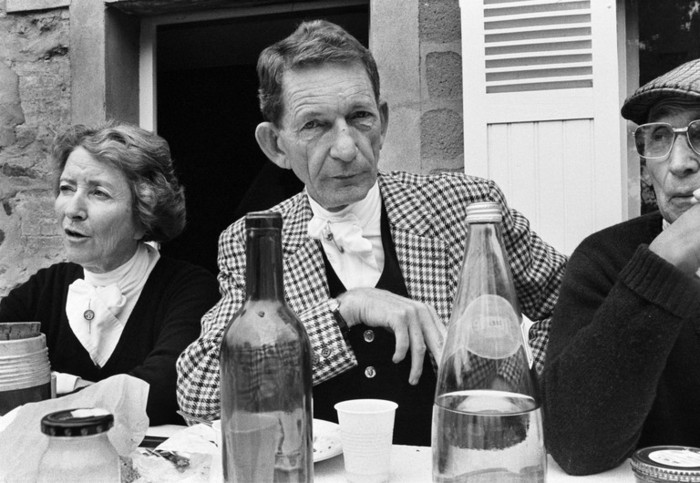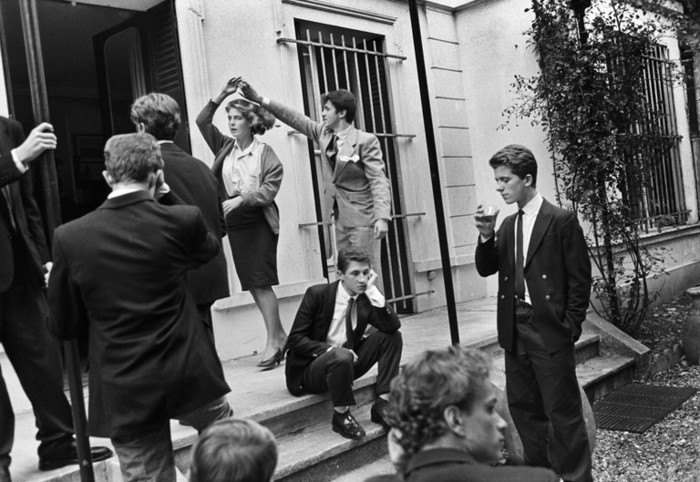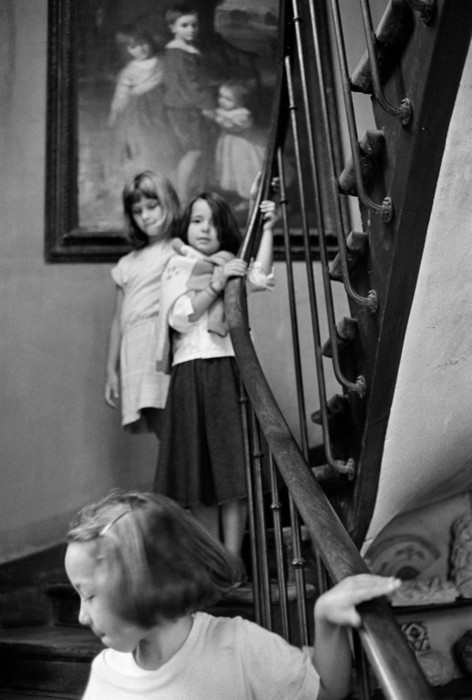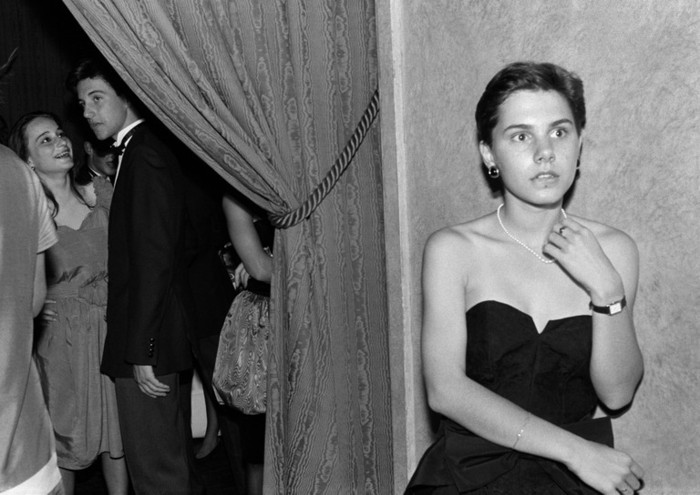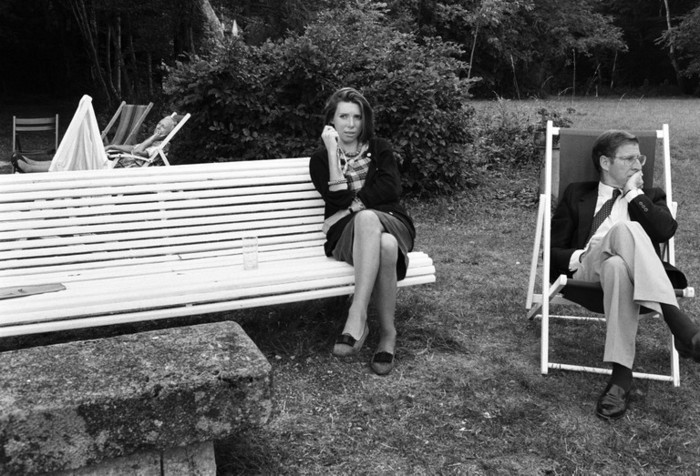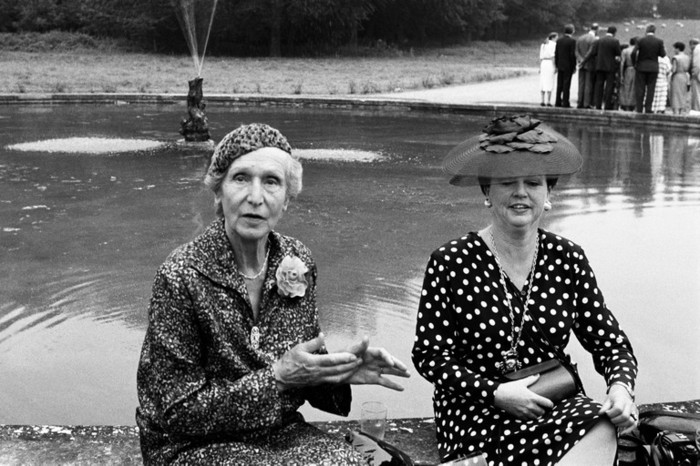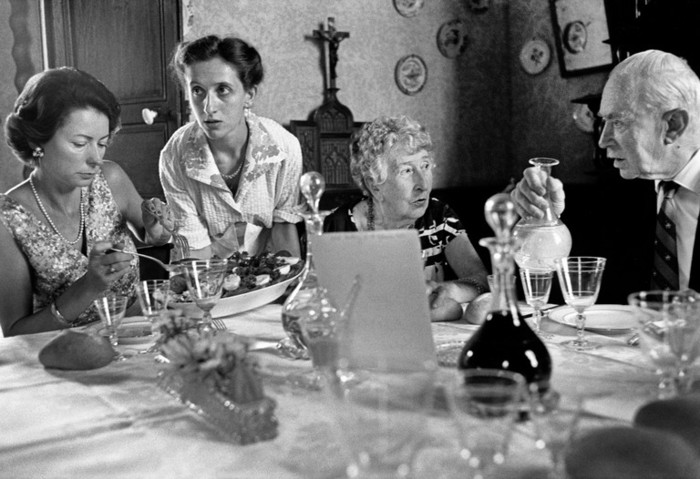French Aristocracy
© Lauren GreenfieldThough the French Revolution was supposed to have eliminated the aristocracy as a powerful political and social presence in France, the contemporary French Aristocracy is a thriving social milieu showing no signs of imminent extinction. There are 3500 "noble" families in France, as calculated by the Association of the French Nobility. They have successfully remained a virtually closed group through intermarriage and a careful network of social relations. However, they are no longer distinguished by fortune and political privilege. Unable to separate themselves from other social classes through economic or political means, they rely on their social rituals, traditions, and anachronistic way of life to reaffirm their distinct identity. The importance of the family, religion, history, and a deep-rooted attachment to the land, are values that bind them together as a social group.
At the same time, they are obliged to participate in modern economic and public life. Consequently, they have made certain adaptations so as to survive in the modern world and retain their distinctiveness. Most aristocratic children are members of social clubs called "rallyes" which is their primary form of social life. Thus, they may go to public school and still socialize exclusively with children of their own milieu. Another modern adaptation is the creation of the Association of the French Nobility among whose functions is to lend tuxedos, party dresses, and wedding dresses to aristocrats who cannot afford their own.
Phillippe de Cosse-Brissac, a young heir of one of the oldest noble families in France, explains, "The French Aristocracy is more an attitude than anything else...a state of mind. Aristocrats now have all different fortunes and we don't talk about it. That would be bourgeois. The values live on because there are ways to preserve them with less money: making sacrifices, traveling little, not having a nice car -but keeping what is essential, like the family property. The family and the family history is still the essential part of everyone's identity. It could be said that the roots of the family hold it up."
click to view complete set in the archive
